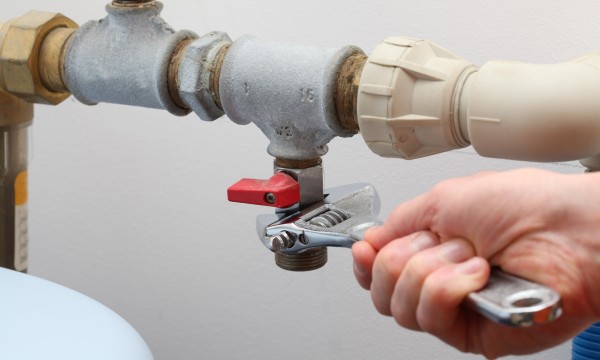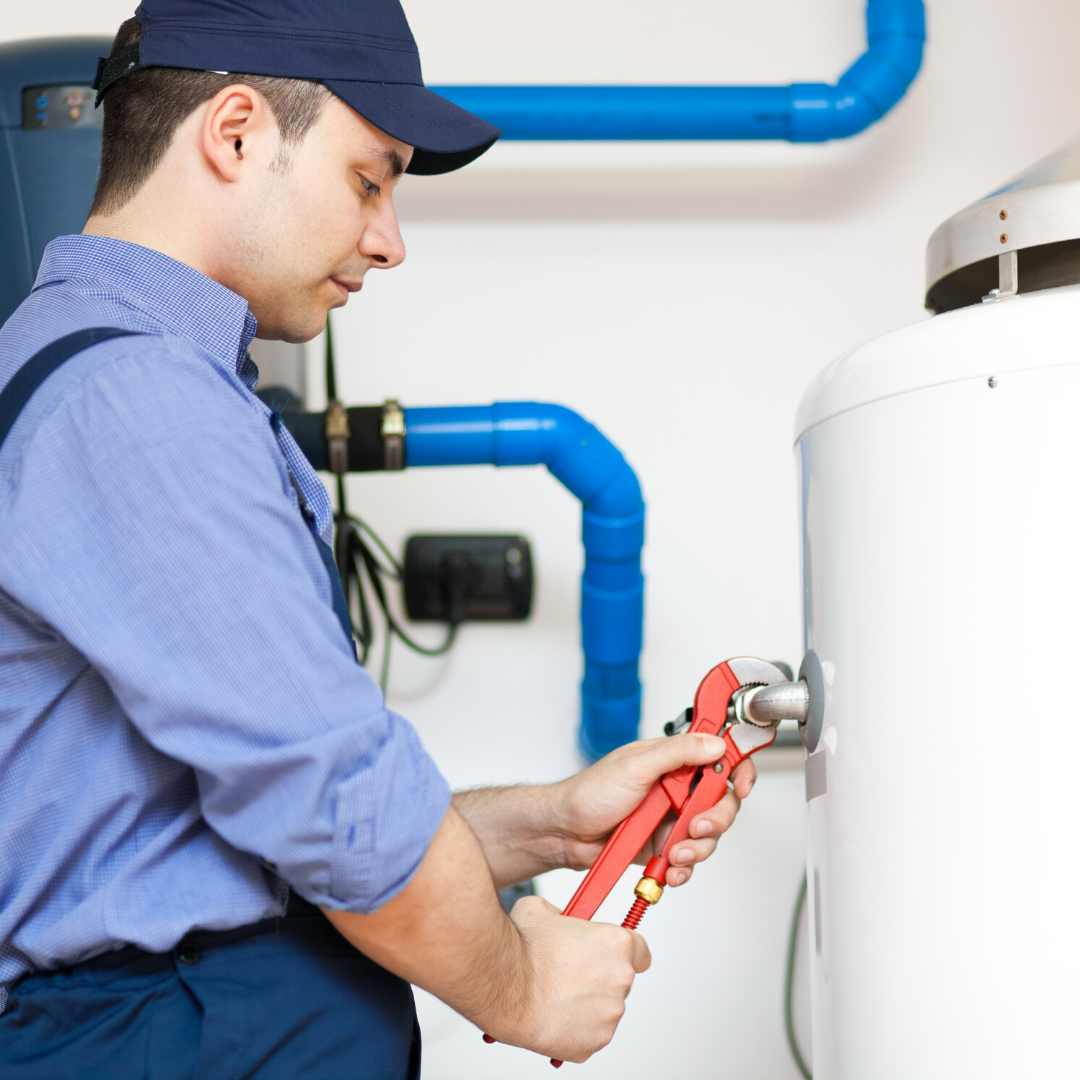Handling the Frequently Encountered Water Heater Emergencies
Handling the Frequently Encountered Water Heater Emergencies
Blog Article
Here in the next paragraph you'll find some wonderful material about Is Your Water Heater Leaking?.

A hot water heater is just one of the most crucial basic appliances that can be found in a residence. With water heaters, you don't need to undergo the anxiety of home heating water by hand every time there is a requirement to take a bath, do the laundry, or the meals. There is always an opportunity that your water heating unit would act up as with most mechanical devices.
It is essential to note any kind of little malfunction as well as tackle it quickly prior to things get out of hand. The majority of times, your water heater starts to malfunction when there is an accumulation of debris as a result of continual use. As a preventative measure, periodic flushing of your water heater is advised to stop sediment buildup and also protect against practical failing.
Common water heater emergency situations and also how to take care of them
Leaking water heater tank.
A leaky container could be a sign of rust. It could trigger damage to the floor, wall and electric gadgets around it. You could even go to threat of having your apartment flooded. In this scenario, you should turn off your hot water heater, allow it to cool, as well as very carefully try to find the resource of the trouble. Sometimes, all you require to do is to tighten up a few screws or pipe links in cases of small leaks. If this does not function as well as the leak lingers, you might require to employ the solutions of a service technician for a suitable substitute.
Rising and fall water temperature level.
Your water heating system can begin generating water of various temperature levels normally ice scalding or cold hot. There might be a requirement to replace either the thermostat or the home heating unit of your water heating system.
Too little hot water
It might be that the water heater can't support the warm water need for your home. You could update your water heater to one with a bigger capability.
Discolored or stinky water
When this happens, you need to know if the issue is from the container or the water resource. If there is no funny odor when you run cold water, then you are specific that it is your hot water heater that is faulty. The stinky water can be brought on by rust or the buildup of microorganisms or debris in the water heater container. You can try flushing out your tank or replacing the anode if the problem persists as soon as you notice this. The feature of the anode is to clear out germs from your tank. Because the anode rod substitute needs a comprehensive expertise of your water furnace, you will certainly require the assistance of a specialist.
Conclusion
Some property owners ignore little warning and also minor faults in their hot water heater system. This just causes further damages as well as a possible complete failure of your device. You must handle your hot water heater faults as soon as they come up to prevent more costs and also unneeded emergency troubles.
With water heating systems, you don't need to go through the anxiety of home heating water by hand every time there is a demand to take a bath, do the laundry, or the dishes. Your water heater could begin producing water of various temperature levels typically ice scalding or cold warm. It might be that the water heater can not sustain the warm water need for your home. If there is no funny scent when you run chilly water, then you are particular that it is your water heating unit that is malfunctioning. The smelly water can be created by rust or the build-up of bacteria or debris in the water heating system storage tank.
Common Water Heater Issues and What You Should Do
What Type of Water Heater Do You Have?
Before we begin it’s first important that you identify the type of water heater you have on your property. There are two main types of water heaters out there: conventional and high efficiency.
Both of these types of products typically use either gas or electricity to heat power. There are also solar water heaters that use a thermal collector on the roof or yard to heat the water.
While these models are not as common, they can cut heating costs in half. In this article, we will focus on conventional and high efficiency.
How Do My Electric and Gas Water Heater Work?
Though they look similar, electric and gas water heaters work very differently. It’s important to know their basic function because often problems can be specific to the heating source.
In the electric model, a thermostat on the side of the machine detects the temperature of the water in the tank. When the temperature needs to rise electricity flows to a heating element suspended in the water.
Gas models also use a thermostat device — typically with a mercury sensor at the tip and an additional sensor called a thermocouple. The thermocouple detects whether the pilot light is on and controls the flow of gas.
When the thermostat drops below the appropriate level gas is released which becomes ignited by the pilot light. The flame heats the bottom of the water tank which causes hot water to rise and cold water to drop.
This natural circulation continues until the water reaches the desired temperature. Then, the thermostat triggers the gas control valve to shut off the flow of gas.
What Are the Most Common Issues and How Do You Fix Them?
https://happyhiller.com/blog/common-water-heater-issues-and-what-you-should-do/

I was made aware of that write-up on The Importance of Water Heater Maintenance through an acquaintance on a different blog. Appreciated our piece? Please share it. Help others locate it. Many thanks for going through it.
Effective solutions await. Report this page